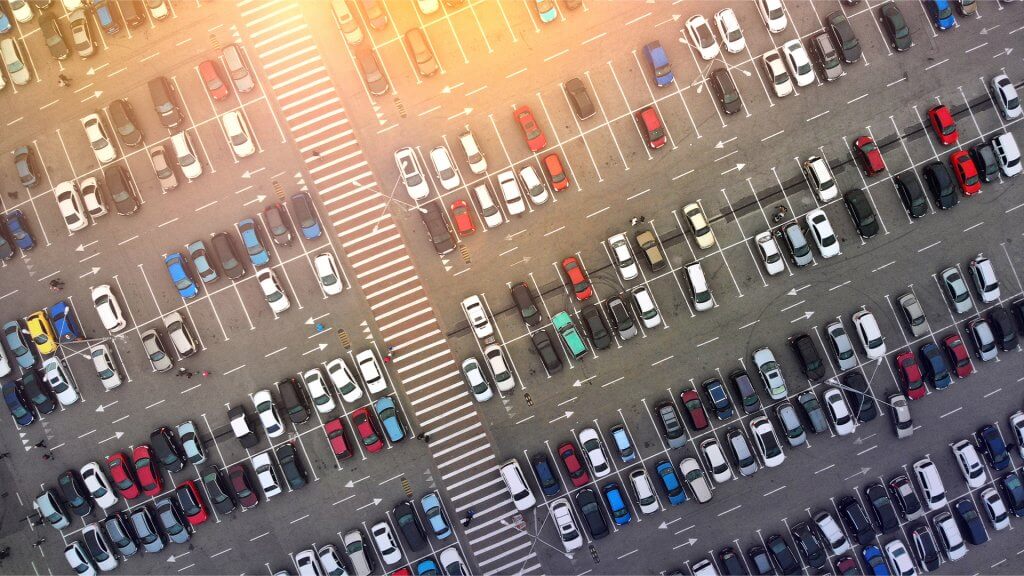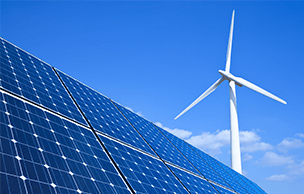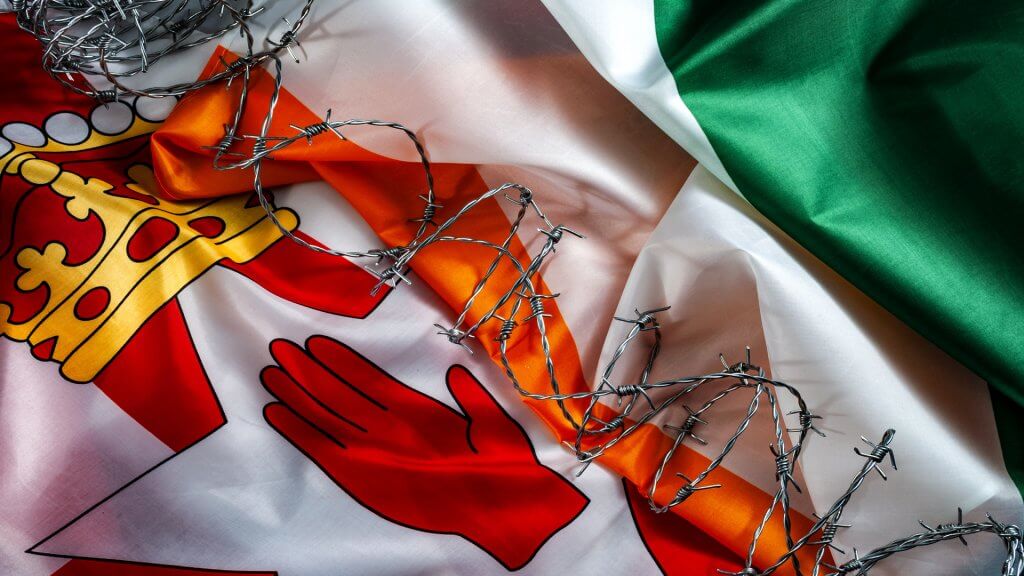If you’ve paid close attention to the news in the past few years, one pattern may be observed. There has been a surge in environmental policies. These refer to a specific set of standards that govern the way humans interact with their environment.
Essentially, the main goal of such policies is to reduce, and preferably eliminate, the harmful effects of human activities on the environment. Let’s understand a few examples of what an environmental policy may constitute –
- Reducing energy consumption
- Preventing pollution
- Limiting fuel consumption
- Improving environmental performance
Since policies are required due to human activities, they may be influenced by certain pollution-causing products. Some are so toxic that the manufacturer(s) must be sued. In this article, we will discuss three product lawsuits currently active in Europe that are shaping environmental policies.
The PFAS Litigation
PFAS stands for per- and polyfluoroalkyl substances. They are a complex group of over 12,000 chemicals that have a strong carbon-fluorine bond. This bond is so resilient that it may remain indefinitely in the environment or the human body.
It is precisely why PFAS have a bad reputation as the ‘forever chemicals.’ They have been heavily used in the firefighting industry as Class B firefighting foam or Aqueous Film Forming Foam (AFFF).
The dangers associated with these chemicals have been known for a while, especially across the US. In fact, firemen regularly exposed to PFAS have filed a lawsuit against the manufacturers for conditions like cancer. TorHoerman Law states that even municipalities filed a water contamination lawsuit, which has reached a global settlement.
The personal injury cases are also still awaiting trials. These include firefighters and veterans. Affected military members can apply for Veterans Affairs or VA claims for AFFF exposure and file a lawsuit.
Despite all this moving in full rage, such litigation has only just started in Europe. The European Chemicals Agency (ECHA) is about to consider a proposal to restrict the use of over 10,000 PFAS. As word spreads of the dangers associated with PFAS, major case filings have already begun.
The Danone Plastic Pollution Lawsuit
The Danone S.A. is a food and beverage-based multinational corporation operating in France. The company uses plastic heavily for the production of its yogurt pots and bottled drinking water. It has been alleged that this company is not doing enough to reduce its plastic footprint.
Besides that, it has been brought to scrutiny that Danone refuses to adequately account for plastic use in its production cycles. Environmental groups like SurfRider Foundation Europe, Zero Waste France, and ClientEarth have together sued Danone in 2023. The groups are collectively asking the company to do the following –
- Fully disclose its plastic footprint
- Provide the environmental, human rights, health, and climatic impact of plastic use
- Formulate a ‘deplastification’ plan with dated objectives
Danone ranks among the top five companies responsible for plastic pollution due to its products. The EU emerged with a few new laws regarding plastic pollution in 2024. These include –
- Banning single-use plastic items and replacing them with alternatives
- Limiting the use of lightweight plastic carrier bags
- Treating exported plastic waste in sustainable ways
The TotalEnergies Climate Change Lawsuit
If we go by TotalEnergies’ self-proclamation, this company boasts of providing the world with the energy it needs. This may very well be considered true because TotalEnergies operates across 120 countries worldwide, including many in Europe.
What’s interesting is that a Belgium farmer has sued this company, alleging that its energy emissions led to crop damage in his farm. You may wonder how that is possible. This farmer, backed by environmental groups like the International Federation for Human Rights (FIDH) and Greenpeace, provides climate change as a reason.
It has been the first climate change-related case in Belgium brought against a multinational company. Has there been any climate change law changes in 2024 then? Yes, a couple of them, including –
- The nature restoration law to reverse the effects of declining pollinator populations by 2030
- The Emissions Trading System has been expanded to include CO2 emissions as well.
- A net emissions reduction target of 90% by 2040
The three product lawsuits that we just discussed already touch upon heated topics of our day. PFAS are ubiquitous and difficult to eliminate. A complete ban on certain plastic products has become necessary to fight this pollution.
Finally, 2024 summer witnessed an increasing number of floods, heatwaves, wildfires, and droughts, across Europe. If such lawsuits can alleviate the issue even by a thread’s width, it would be much-needed relief for one and all.





























